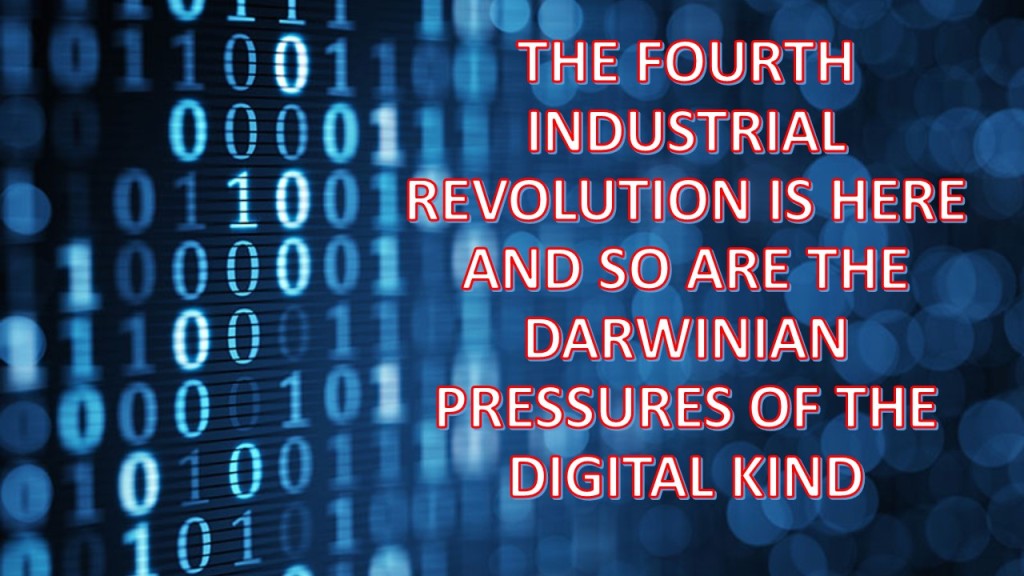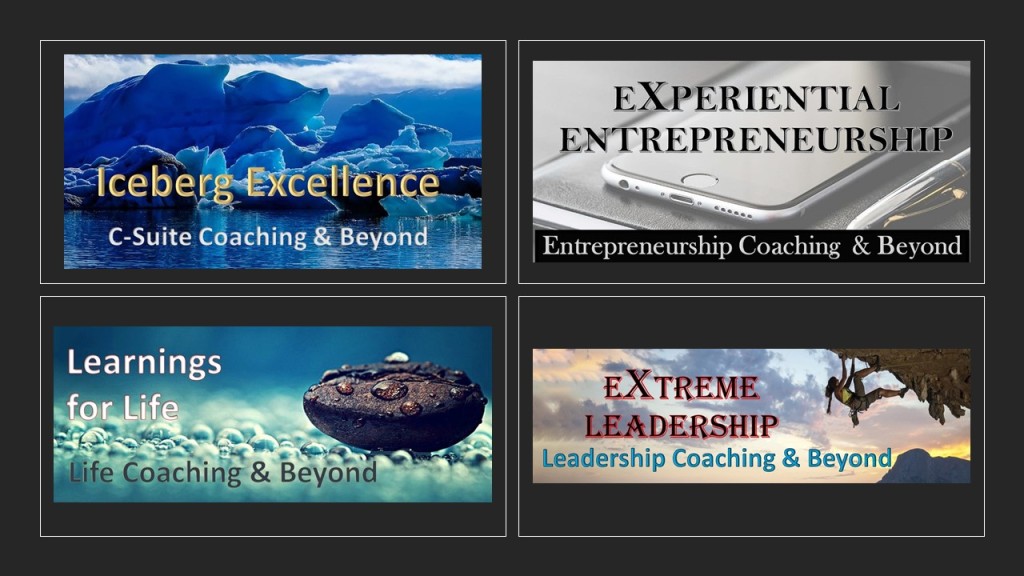
Charles Darwin is dead. Long Live Darwinism
Charles Darwin died in 1882, but he left behind a legacy “Darwinism” that is all set to come into play in the 21st century, albeit of a digital kind.
It’s fascinating to see how the human race is exploiting technology and integrating it into everyday living. The world as we know it is on a path of unprecedented technological break throughs that could either render a better, brighter life or perhaps, spell doom for mankind.
The fourth industrial revolution is here, a period of massive technological and cultural changes, similar to the times when our ancestors switched roles from hunters-gatherers to farmers.
Like its predecessors, the fourth industrial revolution has one thing in common, it’s DISRUPTIVE – turning upside down the tables of the prevailing industries before them. What is being witnessed right now is the culmination of the third industrial age and its transition to a more revolutionary industrial age that is more technological than industrial, it’s all about connecting the physical world to the internet.
What we are witnessing is a massive increase in the pace at which technology is evolving and expanding into new areas of everyday living. Technology is fast changing the rules of the game, altering our consumption patterns and redefining communication dynamics and social connectivity. Simply put, technology is changing our lives faster than what businesses can adjust to and this is where Darwinian pressures come into play, “Who will survive in the digital age?”
The onset of the digital era brings with itself new leadership challenges. Leaders will have to learn to deal not only with the complexities arising out of human factors at work, but also the complexities arising out of technological factors. The irony is that many businesses today are being run by the traditional leadership models, with their pervasive “leader as an expert” philosophy that no longer holds good to drive organizational performance and sustenance. Consequently, increasing numbers of companies find themselves unable to cope with the relentless survival pressures of the digital kind.
Without a doubt, the biggest challenge for business leaders as they search for ways and means to remain relevant in a digitally driven business environment where they will constantly strive to keep up with the new consumer behaviour and changing technological advances is the fact that in a digital era, technology is both a part of the solution and a part of the problem.
The new mantra for survival is becoming digitally enabled and it calls for bringing on the scene a new breed of leaders who address the future by championing new business models and investing in the technologies of the future.
On the other hand, contemporary business incumbents are children of the digital era, having their businesses structured on a digital platform and have new ways of approaching markets. This puts additional survival pressures on companies already struggling with coming to terms with the new realities of the digital business environment.
We are entering an era of Digital Darwinism where survival pressures of the digital kind make it imperative for organizations to REACT, else be DISRUPTED. Digital Disability, if not treated in time, may become a malignant malady for those who do not react and will give rise to a new species of corporate dinosaurs, companies that will gradually be extinct.
And so the Darwinian question “Who will survive?” Is it the fastest, the strongest, the biggest or the most knowledgeable?”
The answer is already there; “The most adaptable to change!”
Jammu Navani : Excellence, Leadership & Entrepreneurship Coach, Management Consultant & Corporate Trainer
